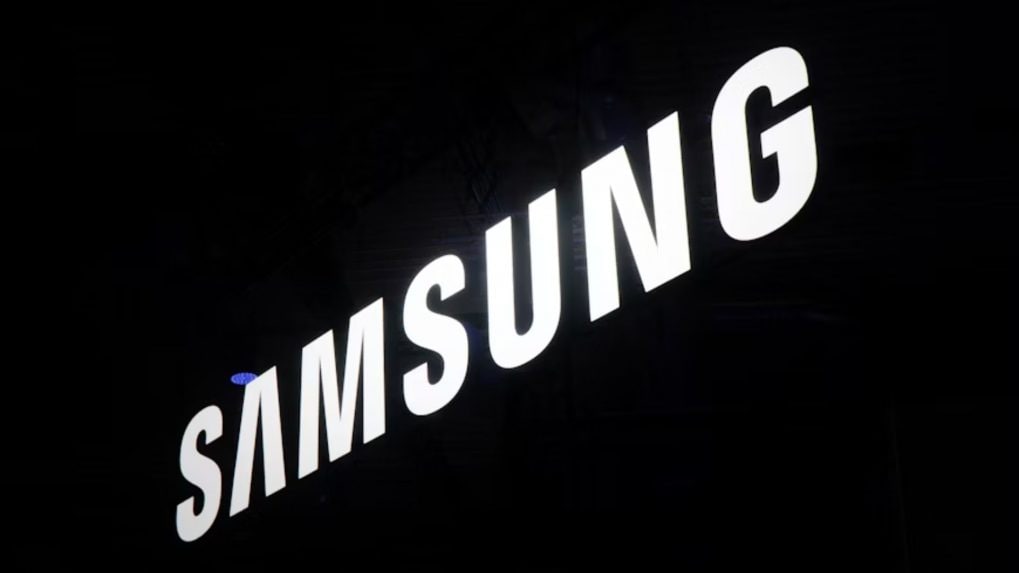How it Works
WPP, Havas, Omnicom: Are advertising’s biggest holdcos recasting agencies as AI Operating Systems?

In a major push toward expanding its digital offerings, South Korean electronics giant Samsung is reportedly in talks with real money gaming (RMG) companies to allow their apps on the Galaxy Store and even as pre-installed applications on its smartphones. The move comes amid a broader regulatory and competitive reshuffle in India’s gaming and digital advertising landscape, with tech titans Google and Meta revising key policies affecting the sector.
“Samsung has conducted a couple of meetings with stakeholders to unlock their app store and pre-installations for smartphones. We are expecting a new policy by year-end,” a senior executive from the RMG industry told Storyboard18. According to the executive, further consultations are scheduled with top officials from Samsung.
While the potential policy shift has generated excitement, industry stakeholders remain cautious. “We are still ascertaining the impact of downloads Samsung Galaxy Store can increase. We are hoping that pre-installed apps on smartphones will help us grow our user base,” another gaming executive noted.
Currently, Samsung’s Galaxy Store holds a relatively minor share in the Indian app ecosystem, trailing far behind Google Play and Apple’s App Store in terms of user reach and downloads.
Samsung spokesperson remained unavailable to comment on the development.
Meanwhile, Google has proposed a sweeping change to its Play Store policy in India as part of efforts to resolve an ongoing antitrust case filed by local gaming platform WinZO. Under the proposed “Play Commitment Proposal,” Google will allow all real-money games that are self-declared by developers as legally permissible under Indian law to be distributed on the Play Store.
The proposal, now under review by the Competition Commission of India (CCI), requires developers to secure third-party certification from recognized industry bodies like the All India Gaming Federation (AIGF), E-Gaming Federation (EGF), or Federation of Indian Fantasy Sports (FIFS). These bodies will assess and verify whether an app qualifies as a “game of skill” under Indian jurisprudence.
If accepted, the proposal will phase out Google’s controversial pilot program that allowed only rummy and fantasy sports apps, which the AIGF had previously slammed as “arbitrary and anti-competitive.”
“A timely and welcome step toward building a more equitable and transparent digital ecosystem for the Indian gaming industry,” said Roland Landers, CEO of AIGF. He emphasized that Google’s recognition of AIGF certifications through its All India Skill Gaming Council (AISGC)—chaired by a former Supreme Court judge—was a significant validation of the industry's compliance framework.
Landers had then called for urgent regulatory intervention through the proposed Digital Competition Bill, citing Google’s overwhelming control over app distribution.
The CCI is currently inviting public comments on Google’s proposal, with the deadline set for August 20, 2025. If approved, the policy changes will be implemented within 120 days.
In parallel, Meta has also revised its advertising policy for online gambling and RMG businesses operating in India. Under its updated guidelines, RMG advertisers must obtain written permission to run ads on platforms like Facebook and Instagram. The company has also barred such ads from targeting users under 18.
Storyboard18 had first reported about Meta's plan for policy overhaul in May this year.
Meta defines online gambling and gaming as including any product or service where anything of monetary value is involved in entry and prize, such as betting, lotteries, poker, and fantasy sports.
These updates are seen as part of a larger trend of global tech companies responding to increasing scrutiny and regulatory challenges in India’s digital space.
Prominent Indian entrepreneur Anupam Mittal, founder of Shaadi.com and a vocal critic of foreign tech monopolies, hailed Google’s revised stance. “Another battle won for Indiatech against the monopolist activities of US big-tech such as Google… saala jhukega nahin,” he posted on X (formerly Twitter), reiterating calls for digital sovereignty.
The developments reflect a turning tide in India’s tech ecosystem, where local companies, policymakers, and regulators are pushing back against what they describe as anti-competitive practices by global tech giants.
From purpose-driven work and narrative-rich brand films to AI-enabled ideas and creator-led collaborations, the awards reflect the full spectrum of modern creativity.
Read MoreThe Storyboard18 Awards for Creativity have unveiled a Grand Jury comprising some of India’s most influential leaders across advertising, business, policy and culture, positioning it among the country’s most prestigious creative award platforms.